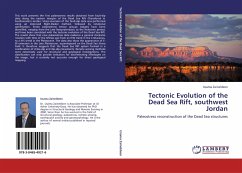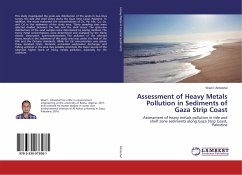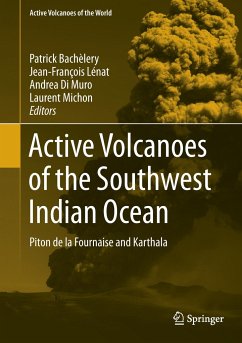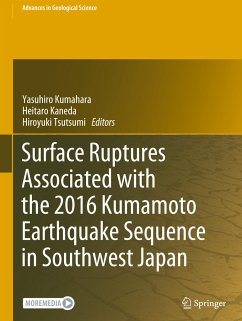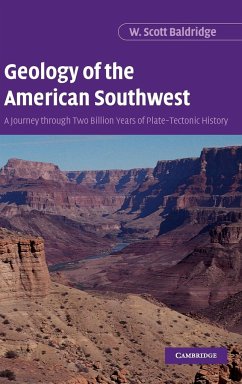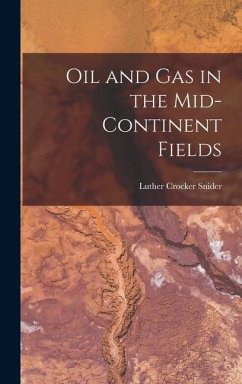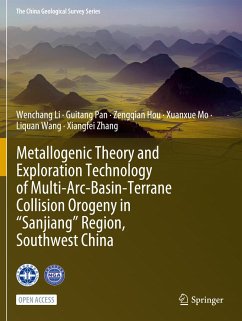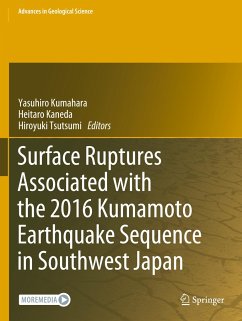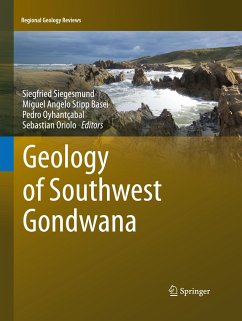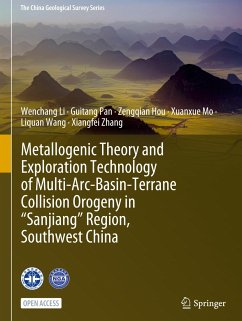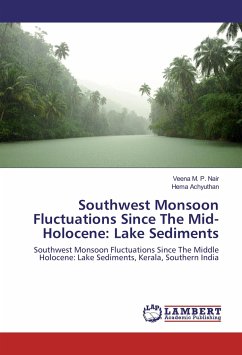
Southwest Monsoon Fluctuations Since The Mid-Holocene: Lake Sediments
Southwest Monsoon Fluctuations Since The Middle Holocene: Lake Sediments, Kerala, Southern India
Versandkostenfrei!
Versandfertig in 6-10 Tagen
34,99 €
inkl. MwSt.

PAYBACK Punkte
17 °P sammeln!
Freshwater bodies such as lakes and ponds are sinks and major depocentres that preserve signatures of geochemical and biological variations derived principally from the surrounding rocks and soils. Here, we present the data collected on two lake sediment cores and lake floor sediment samples collected from Pookode and Vellayani, Kerala, South India. These lakes receive dominantly the southwest monsoon. Application of methods such as sediment texture, geochemistry and palynology (pollen, phytoliths) supported by radiocarbon ages reveal that since the middle Holocene period the intensity of the ...
Freshwater bodies such as lakes and ponds are sinks and major depocentres that preserve signatures of geochemical and biological variations derived principally from the surrounding rocks and soils. Here, we present the data collected on two lake sediment cores and lake floor sediment samples collected from Pookode and Vellayani, Kerala, South India. These lakes receive dominantly the southwest monsoon. Application of methods such as sediment texture, geochemistry and palynology (pollen, phytoliths) supported by radiocarbon ages reveal that since the middle Holocene period the intensity of the southwest monsoon declined.The Pookode lake data reveals that during the overall dry phase since the middle Holocene period (6240 yrs BP) to present, very wet intervals of short duration occurred caused by intense southwest monsoon. This resulted in water levels to rise and the lake margins expanded over the surrounding low-lying region but contracted during the long dry phases. Medieval warm period and the Little Ice Age are represented in the lake sediment cores indicating warm and dry conditions with low rainfall during these times.



